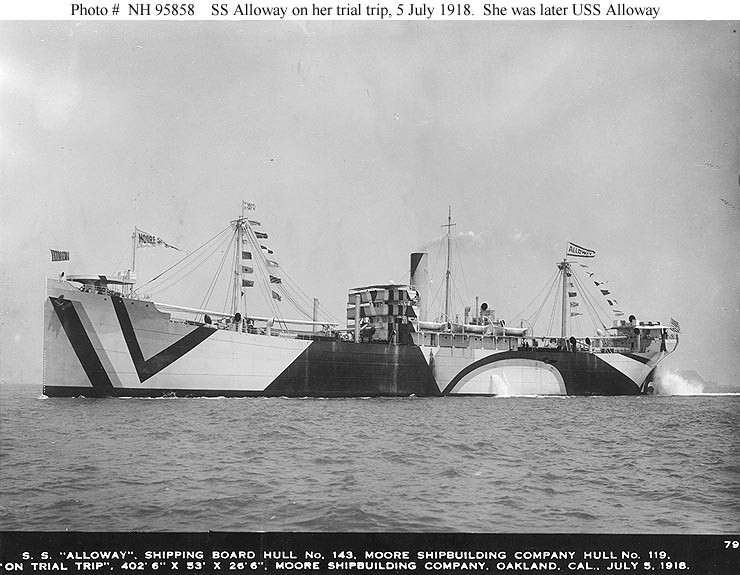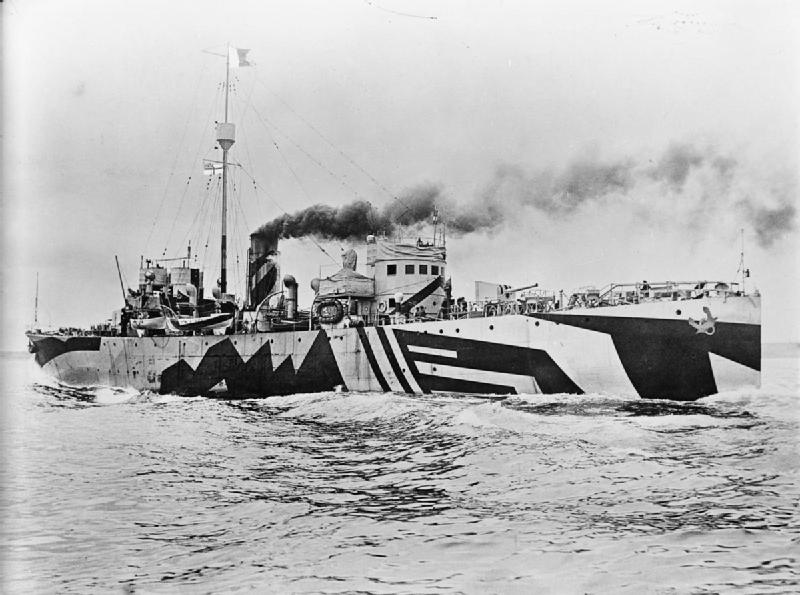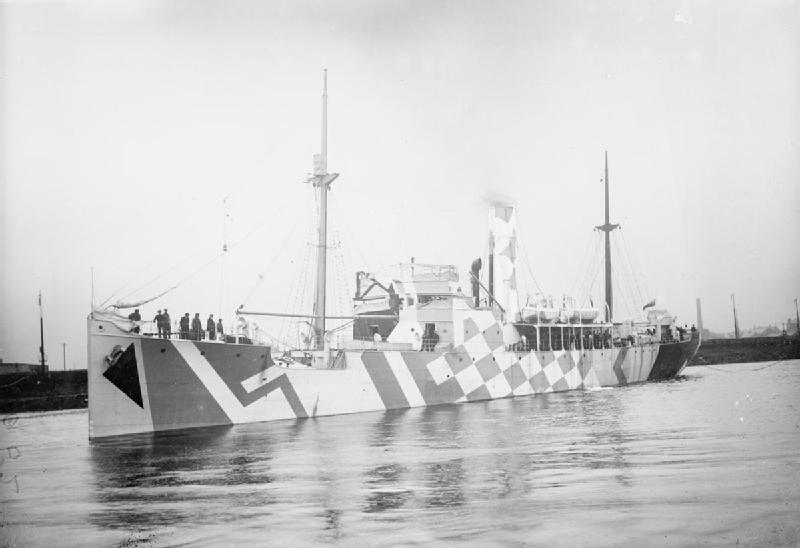Emperor Joshua Norton
Once again, coming in a little late. By way of an excuse, here’s a very distracting space opera.
With that out of the way—on to the matter at hand: Born Yesterday. I tend to lean toward history podcasts. You got one last week, and you’re likely to get one next week. If you’re feeling skeptical, I get it. It’s tough in these streets. History buffs ain’t always great podcasters. Delivery can be dry. Stories can be lifeless. But when you find a good one, it’s hard to beat. Born Yesterday is a good one, and because I’m like 90% sure it’s dead, it would be easy to miss.
I’ve already shared a couple of history projects on here already. Memory Palace typically finds a historical afterthought you’ve never heard of and then polishes it into a gem. Hardcore History takes the thing you’ve heard about a million times before and then pulls, and pries, and disassembles the story. Born Yesterday falls somewhere in between. Joey Brunelle does a four-parter on the Punic Wars, but he also did a pair on the Aztecs and the history of sea shanties. He tells stories that dive deep without losing their momentum. The production quality is solid.
The episode I’m sharing is called The Emperor and Empress of the United States. I’ll admit the setting in San Francisco does a lot for me—hearing street names I recognize automatically snaps me into the story. But that said, the narrative is so unique, so extensive, and connected in such an unexpected way that I can’t imagine it failing to charm anyone. Perhaps you remember Batkid? Well San Francisco has been good at participatory municipal fantasy for a very long time. The episode opens with Emperor Joshua Norton—a man who made a fortune in the gold rush, lost it, and then lost his mind. But what happened next is special. Norton began calling himself Emperor of the United States… and the city went with it.
Then about half a century later Jose Sarria joined the Army in the wake of Pearl Harbor. The only problem? Sarria was gay—and a couple inches short of the Army’s height requirements. But those hurdles were inconsequential against Sarria’s undeniable skills at, well, pretty much everything. How he ends up as Norton’s widow I’ll leave for Brunelle’s narrative. One last thing—Jose Sarria? First openly gay candidate for public office in the U.S. You need to hear this story.
The last thing I’ll mention is a piece of indecision. I went back and forth between this episode and an earlier one about the history of the gay bar. I went with the Emperor and the Empress, but the gay bar episode is pretty fantastic as well.





